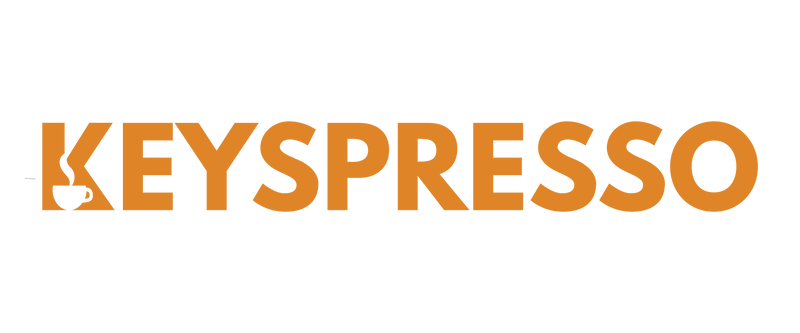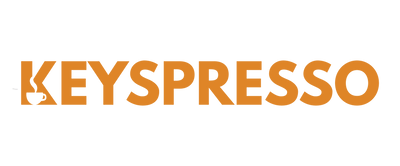Soldering Safety
In this hobby, soldering (particularly throughole soldering) is a valuable skill to have.
- It allows you to build and own boards that only have soldered PCBs available
- It allows you to modify soldered builds you purchase secondhand
- You can make use of soldered PCBs for added security- especially with flexible builds (flex PCBs, softer plates, softer mounting systems)
It comes in handy even with hot swap PCBs:
- You can replace hot swap sockets (Kailh sockets are usually used for hot swap PCBs) when they wear out
- You can resolder sockets that haven't been soldered on properly at the factory (oops!)
But soldering comes with health risks. Whenever you burn something, it generates fumes that are released into the air. That creates a hazard risk as you breathe that air in, and as it gets dispersed into your living space. Lead fumes from leaded solder are especially known to be toxic, but leaded solder is often preferred for use in the hobby because it is easier to work with (unleaded solder often requires higher temperatures which can put your PCB at risk).
Here are some best practices to take against fume inhalation:
- Always open a window and work near one. Ventilation is the best safety tool you can have.
- Limit the amount of time you spend soldering. I keep a timer on and leave the area once time is up with the window still open and fans still running to help clear the air before I return. How much time you should have between sessions will depend.
- Always clean your environment thoroughly before and after soldering. Dust the area, sweep, clean off your tools.
- Stow your soldering tools away cleanly and neatly to prevent traces of lead (notably from splashes) from coming into contact with things like food or drink you may take into your workspace later. I kept them all in a closed box when I didn't have the space for them; now that I have a dedicated soldering workspace, I only leave my larger tools (irons and fans) out.
- Do not eat or drink in your soldering area, especially while you are soldering.
- Wash your hands regularly and thoroughly- especially as you move from handling lead to handling something else.
Additional equipment is also helpful with helping you protect yourself from soldering fume hazards and stay safe in your workspace for longer:
- Use a desk soldering fan or fume extractor
- Use an air purifier in the room
- Wear a respirator or mask
Fans, extractors, and air purifiers are helpful in helping you trap fume particles in the air by pulling the air through filters and pushing the filtered air back out.
- Some fans will have tubes that can be attached to a window opening so it can push the filtered air out the window.
- Look for ones that at least use an active carbon filter to filter larger particles. If it also supports an additional HEPA filter for smaller particles, even better.
- If you're on a budget, there are guides online on how you can use a simple PC fan to build your own fume extractor.
If you find that your fume extractor is insufficient for filtering the air, you may want to add a respirator or mask to your arsenal.
Respirators and masks are more surefire tools in filtering the air before it gets into your body. However, the ones we're used to using over the COVID-19 pandemic are not sufficient in filtering solder fumes. You will need to find one appropriate for soldering and they may not be cheap.
If you solder or plan to solder, be sure to keep safety in mind and remember to still apply the best practices even if you use an extractor or a respirator!

